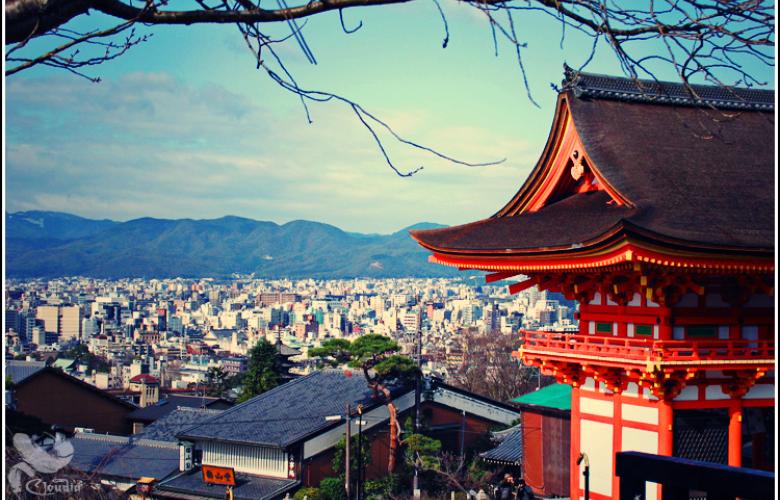Kyoto City has started official discussions that may see Airbnb-type short-term rentals in certain residential zones limited to just the months of January and February and to not exceed 60 nights in total.
Hosts looking to rent out places in primarily residential neighborhoods in central Kyoto, including areas around Kinkaku-ji temple and Nanzen-ji temple, may find themselves limited to the off-season winter months. Under the proposal, properties located in exclusive residential zones (Category I and II Exclusively Low-Rise Residential Zones, and Category I and II Mid/High-Rise Oriented Residential Zones.) There may be some relaxation of the rules for hosts who live in the properties or live nearby, as hosts may need to have a full-time manager located within an 800-metre radius of the property. A written oath to the city may have to be submitted by hosts, promising that they have not been operating an unlicensed BnB within the past 3 months.
At a glance:
- Short-term rental accommodation in some residential neighborhoods may be limited to off-season winter months
- Regulations on earthquake resistance and fire safety may be imposed on hosts of these properties to encourage the preservation of the city’s iconic machiya-townhouses
- Last year, 1.1 million tourists stayed in unlicensed and illegally operated B&Bs
- This led to complaints about noise and garbage, with 2,200 complaints made to Kyoto City’s support center
The city has determined that these locations require the most protection to existing residents to avoid a decline in quality of life due to a surge in short-term accommodation.
To encourage the preservation and use of the city’s iconic machiya-townhouses, may be granted an exception to the 60-day rule allowing them to operate during any month for a maximum of 180 nights per year regardless of land zoning. Earthquake resistance and fire safety checks may also be imposed on hosts of these properties.
The basics of the proposed plan are expected to be released on November 4th, with the City’s ordinance to go into effect from June 15, 2018.
Kyoto City has approximately 5,000 minpaku-style accommodation facilities. Last year, an estimated 1.1 million tourists were thought to have stayed in unlicensed and illegally operated B&Bs. The surge in these accommodation offerings, many in quiet residential neighborhoods, has led to a flood of complaints about noise and garbage, leaving city officials scrambling to find a resolution. In the past 12 months, the city has received over 2,200 complaints made to their support center.
Some say the proposed rules will not have much of an effect in the very central parts of Kyoto because most of the land does not have exclusive residential zoning.
Although the planned introduction of the new short-term leasing laws, scheduled to go into effect later in 2018, may have been touted by some as the opening of the market, it has, in many ways, limited options for hosts even further. The nationwide rules limit the number of nights to 180 nights per year, with local cities having the power to introduce further restrictions.
Sources:
The Nikkei Shimbun, October 26, 2017.
The Sankei Shimbun, October 26, 2017.
The Kyoto Shimbun, October 25, 2017.
Similar to this:
Japan welcomes short-stay accommodation groups like Airbnb
Daiwa to build 3,000 short-term apartments across Japan in time for Olympics
Australia and Japan attract funding as their tourism markets deliver on growth









